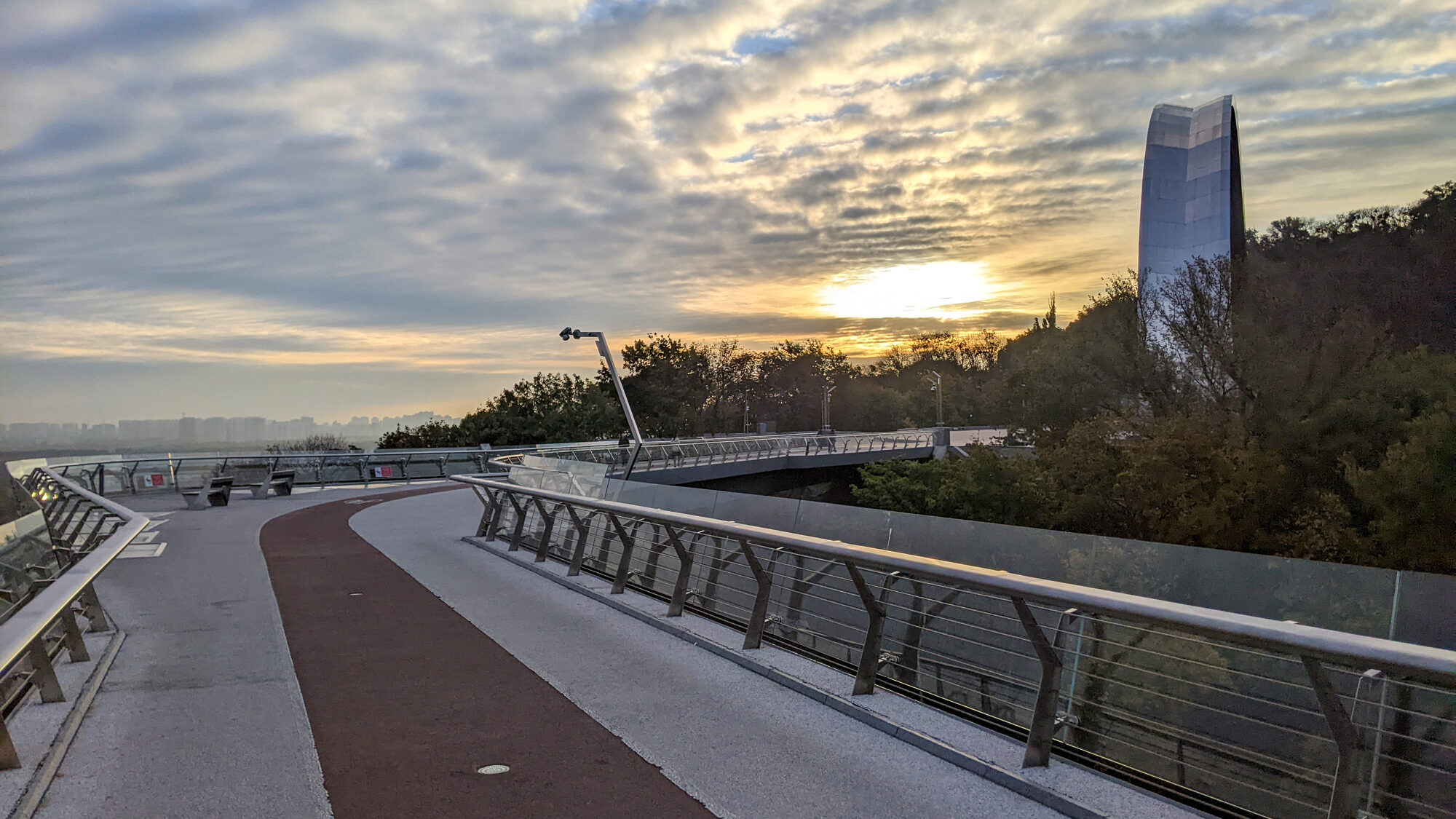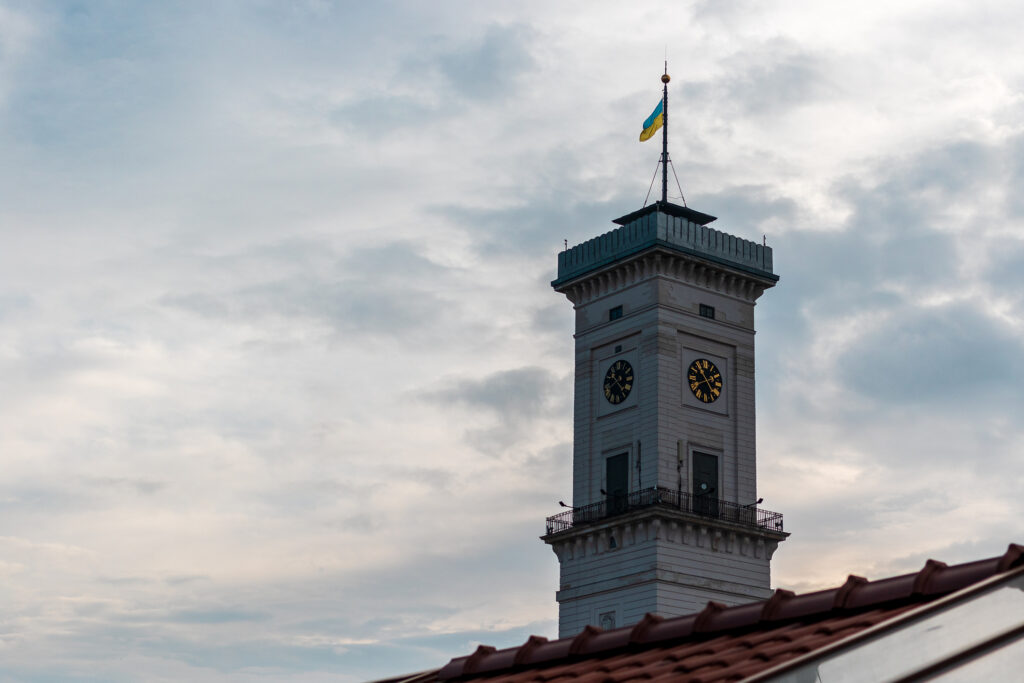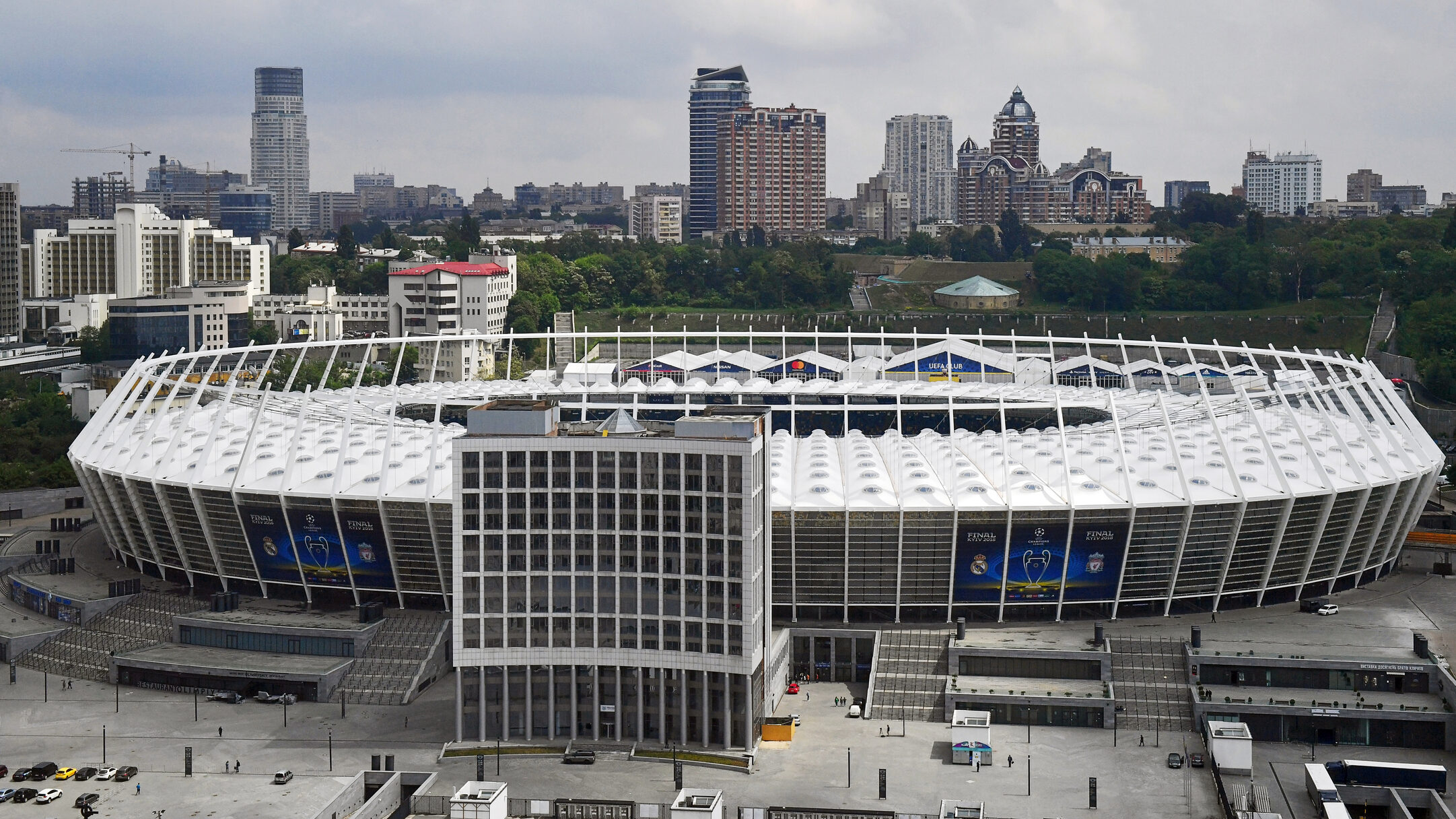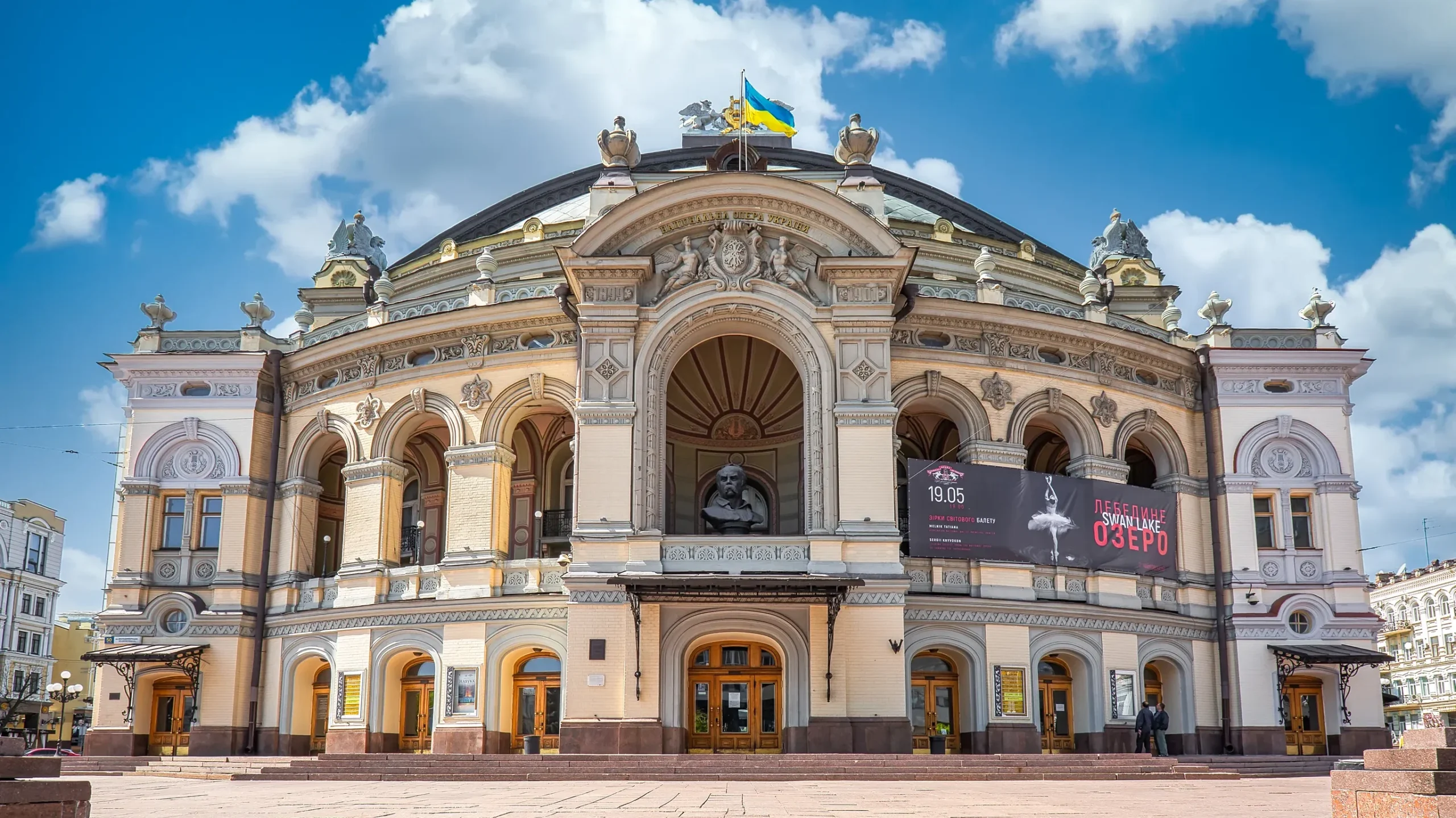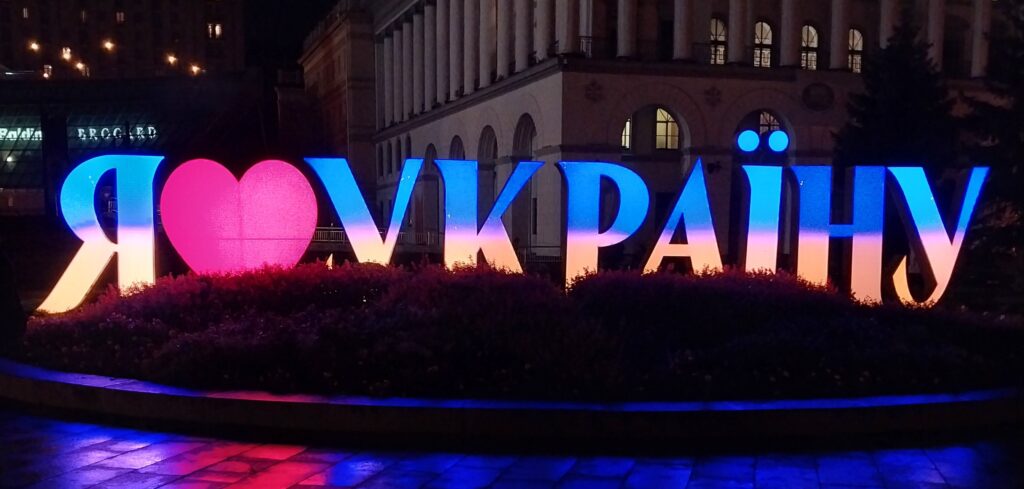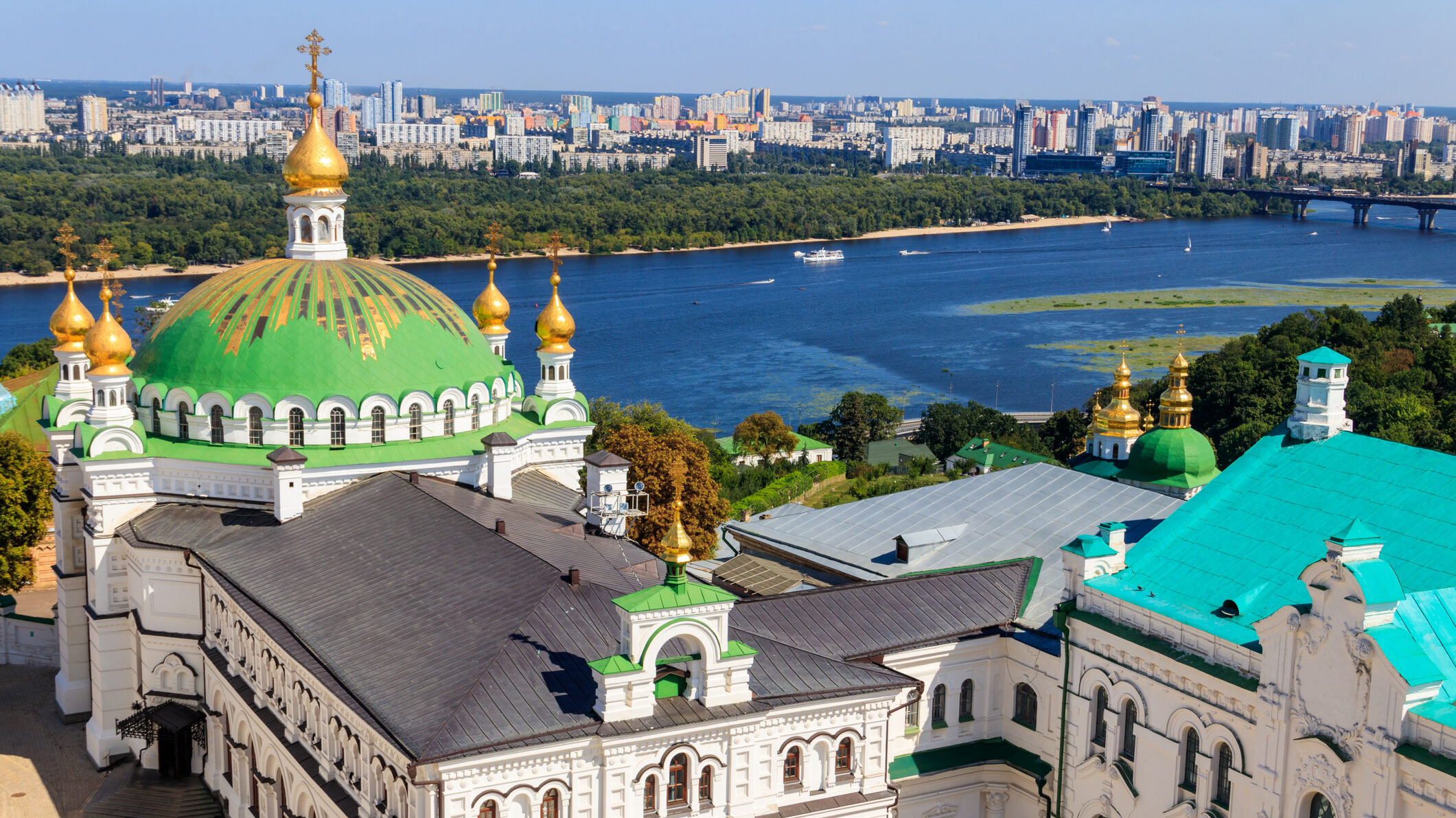
Kyiv, Ukraine’s capital, is uniquely positioned on both sides of the majestic Dnieper River, which splits the city into the Right Bank and the Left Bank. This division is more than just geographical—it echoes through the city’s culture, architecture, and daily life.
The Right Bank: The Historical Heart The Right Bank of the Dnieper is the western part of Kyiv and is considered the city’s historical core. This area is home to many of Kyiv’s oldest and most revered sites, including the ancient Saint Sophia Cathedral and the bustling Maidan Nezalezhnosti (Independence Square). The terrain here is hilly, offering picturesque views of the river and the cityscape. The Right Bank is the administrative and cultural hub, where you’ll find government buildings, historic neighborhoods, and the majority of the city’s monuments.
The Left Bank: The Modern Expansion In contrast, the Left Bank to the east is predominantly flat and features a more modern landscape. This part of Kyiv has seen extensive development in recent decades, transforming into a densely populated residential area. It also hosts many of the city’s newer businesses and commercial ventures. The Left Bank is often associated with its extensive parks and recreational areas, making it popular among families and outdoor enthusiasts.
The Dnieper River: Kyiv’s Lifeline The Dnieper River itself is a vital component of Kyiv’s geography. It not only divides the city into two distinct halves but also plays a crucial role in commerce and transportation. The river is a scenic highlight in the city, with numerous bridges connecting the two banks, facilitating economic and social interactions.
Kyiv’s geography, with its division by the Dnieper River into the Right and Left Banks, creates a dynamic urban environment that blends the historical with the modern. Each bank offers residents and visitors a different slice of Kyiv, making the city a fascinating place to explore.



